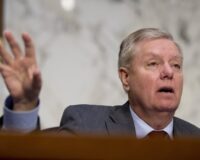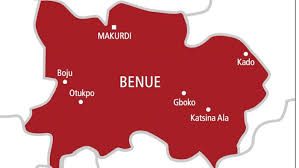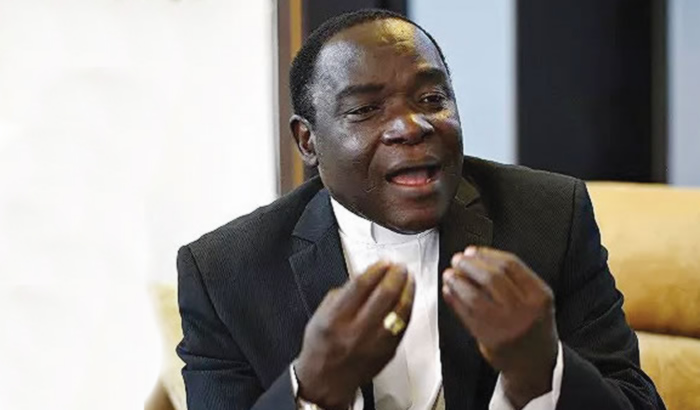By INNOCENT OHIAMBE
Following the recent press briefing by the Minister of Education, Malam Adamu Adamu that agreement has been reached with all staff unions in our universities, polytechnics and colleges of education except the Academic Staff Union of Universities, ASUU, public attention has been focused on ASUU and its annual ritual of strikes.
It is an established fact that frequent disruption of academic calendar is not only responsible for the low ranking of Nigerian universities but a source of despair to students and their parents alike. It is therefore disheartening that ASUU has refused to call off the current strike based on government’s adoption of the International Labour Organisation, ILO, convention on “No work No pay” which is also applicable to the other unions that have resumed duties.
The social media is awash with efforts by the union to mobilise its members for an indefinite strike based on misrepresentation of facts. For example, ASUU is telling its local branches that government only accepted increases of N60,000 and N30,000 for Professors and other teaching staff as against the 35% and 27% increases widely reported.
Similarly and contrary to the false claim that the new salary structure will take effect after the 2023 general elections, government’s offer was to take effect from September 2022 subject to the call-off of the strike. The sole purpose of this deliberate misinformation is to cause disaffection between government and its rank and file as well as the general public.
It would be recalled that ASUU called out the strike with two stated objectives of adoption of UTAS as replacement for IPPIS and funding for revitalisation of universities. It has since expanded its demands to cover as broad a field as to guarantee a stalemate.
The strange demand for dictating its payment platform was hinged on the principle of university autonomy as encapsulated in the University (Miscellaneous) Act 1993, 1996, 2003 and 2012. What ASUU is not telling its members and the Nigerian people is that the 2009 agreement as well as the Universities Autonomy Act clearly situates negotiation with staff unions on welfare and other matters squarely within the purview of Universities Governing Councils.
The union has conveniently downplayed this position because in their view, it will sound the death knell for the central and all powerful ASUU since such negotiations will now be undertaken by their branches in their respective institutions. It is also curious that the Federal Government has continued to negotiate with ASUU in violation of these provisions.
Perhaps the time is right for a re-think and a faithful implementation of the Act by referring ASUU to the Governing Councils of their institutions. That will also remove the anomaly of the Federal Government entering into agreements on matters bordering on state government-owned institutions without their participation and consent.
Many onlookers have wondered why state government-owned institutions should be compelled to join the strike when the issues in contention have little or no bearing on them. State institutions are not paid on IPPIS and Visitation Panels were only sent to Federal Government-owned institutions. Similarly, needs assessment and rehabilitation of facilities on campuses should be the responsibility of the proprietors of each university – Federal Government, state government or private owners.
As Governors Nasir El-Rufai of Kaduna State and Darius Ishaku of Taraba State rightly observed, they had no problems or quarrel with their institutions; so why should their students be punished every time a lecturer in Bayero University or University of Calabar feel aggrieved, or an erring lecturer is sacked by the Kogi State Governor?
The decision of these and other governors to direct the opening of their schools have received widespread endorsement and acclaim throughout the country. All other governors should do the same in the true spirit of autonomy. Afterall, education is on the concurrent list and not the exclusive preserve of the Federal Government or ASUU.
Another sore thumb in the Federal Government/ASUU imbroglio is the penchant for ASUU members to teach in multiple institutions while denying tens of thousands of qualified Nigerians with PhDs, Masters and First Class degrees employment. With the grant of autonomy to the institutions, the Governing Councils will operate on the strength of their balance sheet, that is: identifying and harnessing all revenue sources (including government grants) determine the appropriate manning levels and remuneration and charge appropriate fees and charges for services.
Government grants may be targeted as scholarships for brilliant and indigent students and/or subsidy for their operations. While this is anathema to ASUU, it is the global practice. Facilities and instruments, such as students loans and other support systems may be put in place to cater for disadvantaged and vulnerable segments of the society.
Most reputable tertiary institutions around the world are run on endowments, research grants and proceeds from collaborations and linkages with industries and firms. They also engage in economic activities as well as consultancy/advisory services to generate revenue. Here everything is government, which also explains why ASUU is opposed to the establishment of private universities.
Parents, the larger society and even the students themselves must contribute to tertiary education as the crown jewel and tool for self-actualisation and fulfilment.
*Ohiambe, a public policy analyst and good governance advocate, wrote from Abuja.







